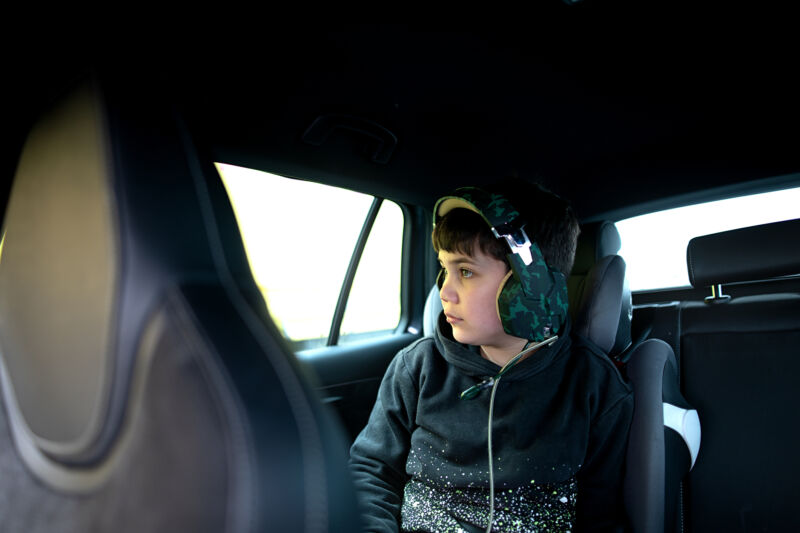

Music on the brain: Listening can influence our brain’s activity
source link: https://arstechnica.com/science/2022/09/can-we-manipulate-our-mental-capacity-with-music/
Go to the source link to view the article. You can view the picture content, updated content and better typesetting reading experience. If the link is broken, please click the button below to view the snapshot at that time.
The sound of neuroscience —
Music on the brain: Listening can influence our brain’s activity
The "Mozart effect" isn't real—but music does affect our mental processes.
Abdullah Iqbal - 9/24/2022, 11:00 AM

People have long tried to use music as a tool to improve their abilities. Soldiers chanted songs when marching into battle, sailors sang songs on long voyages, and cloth makers sang when weaving. But do we have any evidence that music makes a difference for any of our activities?
We’ve only recently started to ask that question scientifically. It began with the Mozart effect, which seemed to link classical music to improved mental performance. Named after the famous composer, it was shorthand for the apparent boost in IQ tests that people listening to his music experienced. But the phenomenon turned out not to be real. “Background music was thought to help with work. [It was] found to be the noise stopping the person from being distracted,” says Professor Concetta Tomaino, executive director and co-founder of the Institute for Music and Neurologic Function.
However, research into music and its effects on human abilities continued and eventually resulted in the discovery of an effect called brain entrainment, which appears capable of improving memory, focus, sleep, and physical activity.
Making waves
The technique involves manipulating some of the waves of activity that are part of normal brain behavior. We’ve discovered five types of brain waves: alpha, beta, theta, delta, and gamma. David Sonnenschein, founder of iQsonics, a company that is developing tools for autistic children, says that alpha waves mark resting states and that beta waves are for waking consciousness. However, their effects also overlap; Tomaino says that “Gamma and beta waves help with attention and theta and delta waves help with sleep.”
AdvertisementIn theory, you can tune difference in music frequency to boost the activity of any one of these brain waves. “In essence, brain entrainment is the production of specific brain patterns from certain types of music that has specific phase difference,” says Sonnenschein, whose tools for autistic children are based on the idea. Brain entrainment works by having a person listen to music with two different frequencies using headphones. “You can have music at 408 Hz and music at 400 Hz—this creates a difference,” Sonnenschein said, “and that difference is the frequency of brain waves you produce in the brain.”
Beyond these frequency effects, the exact benefits of different types of music are still hotly debated. Some researchers suspect that brain entrainment has a very large effect regardless of the type of music. This group includes Adam Shea-Hewett, who has worked on using music to improve human abilities for nearly two decades and is co-founder of Evoked Response, a company that provides music it claims improves individual capabilities.
However, there are others, such as Mari Tervaniemi, research director at the Centre of Excellence in Music, Mind, Body, and Brain at the University of Helsinki, who differ. “In most cases, it is the favorite music which is beneficial—beneficial to changing the emotional state. Positive emotions can then also contribute to improving cognition. It depends on the music that person likes,” she told Ars. However, she does caution that there are very few studies on South America or Africa, so any cultural differences in how music is appreciated remain unexplored.
There is evidence that the music itself matters. A study with 50 volunteers used brain entrainment that stimulated theta brainwaves but used different means of doing so: either white noise or music. A simple memory test showed that those listening to music saw a much greater boost in performance.
Page:
Recommend
About Joyk
Aggregate valuable and interesting links.
Joyk means Joy of geeK